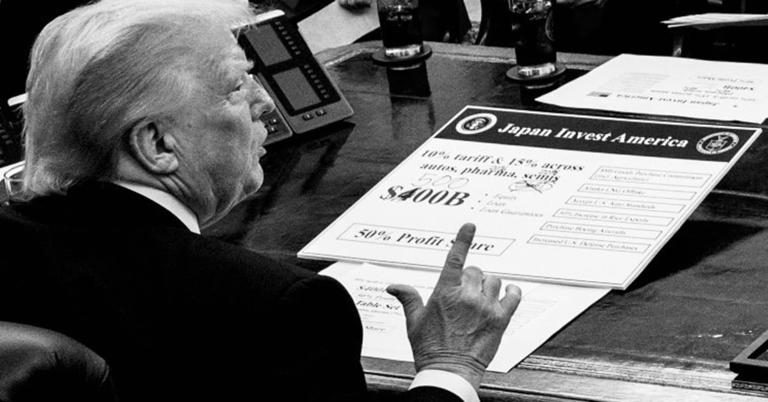
Ghulam Ali, PhD, Monash University, Australia
Jan 30, 2026
By January 2026, the first year of the second four-year—and constitutionally final—term of U.S. President Donald Trump was complete. This initial quarter of his tenure has jolted the world, unnerving the global community on economic, trade, and security matters while weakening the post-war international order. The resulting shocks reverberate across the international system, amplified by the scale of U.S. power and global entanglement. This disruption is unfolding in real time.

Dan Steinbock, Founder, Difference Group
Dec 10, 2025
Last week, the Trump administration released its new national security strategy. It was quickly condemned by the neoconservatives — perhaps because it is more realistic about multipolarity.
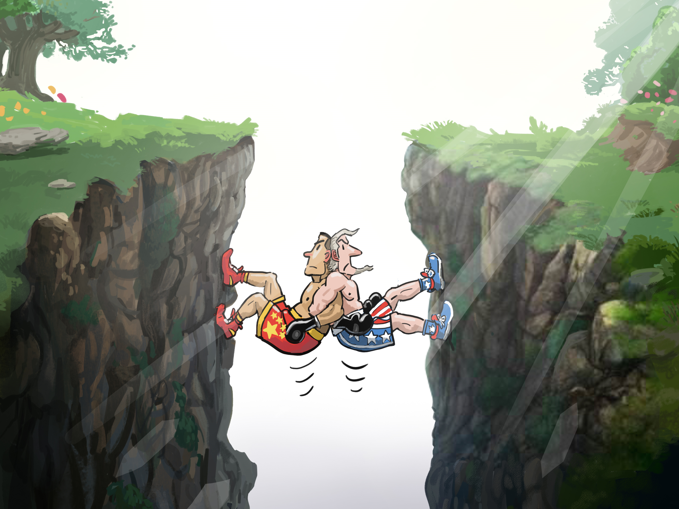
Christopher A. McNally, Professor of Political Economy, Chaminade University
Oct 10, 2025
After months of escalating tariffs and retaliatory measures, China and the United States have reached a fragile truce that has begun to stabilize their trade and technology relationship. While tensions over chips, rare earths, and agricultural exports persist, both sides now recognize their mutual vulnerability, creating a cautious but potentially durable détente rooted in economic deterrence rather than dominance.

Oct 09, 2025
During the 12th Beijing Xiangshan Forum on Sept. 18-19 at the Beijing International Convention Center, Da Wei, Director of the Center for International Security and Strategy (CISS) and Professor of International Relations at Tsinghua University, was interviewed by China-US Focus Beijing editor Huang Zhijin. Da Wei believes that in the short term, China-U.S. relations will remain focused on maintaining stability; and as domestic political imperatives and broader global strategic considerations increasingly dominate the policy agenda, the Indo-Pacific strategy under Trump 2.0 appears to be losing substance.

Sun Chenghao, Fellow, Center for International Security and Strategy of Tsinghua University; Munich Young Leader 2025
Sep 01, 2025
Whether the dream is making America great again or the great rejuvenation of the Chinese nation, the aspirations of the two countries’ respective peoples for a better life should drive every decision. Neither people will succeed without a sound external environment. Slogans are not enough.
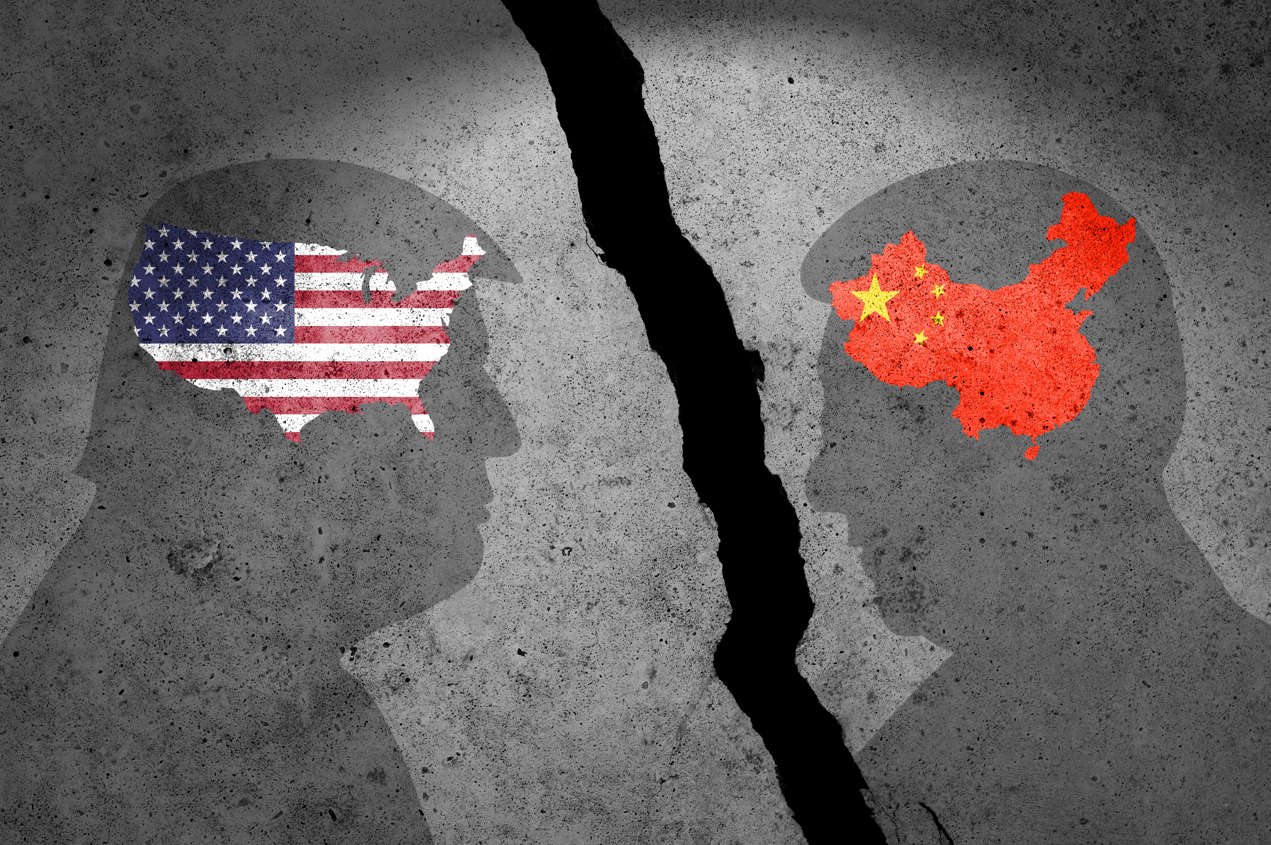
Brian Wong, Assistant Professor in Philosophy and Fellow at Centre on Contemporary China and the World, HKU and Rhodes Scholar
Aug 27, 2025
Conventional thinking would assume the Trump administration’s haphazard approach to China will become an articulated stance at some point, but the U.S. president is anything but conventional.
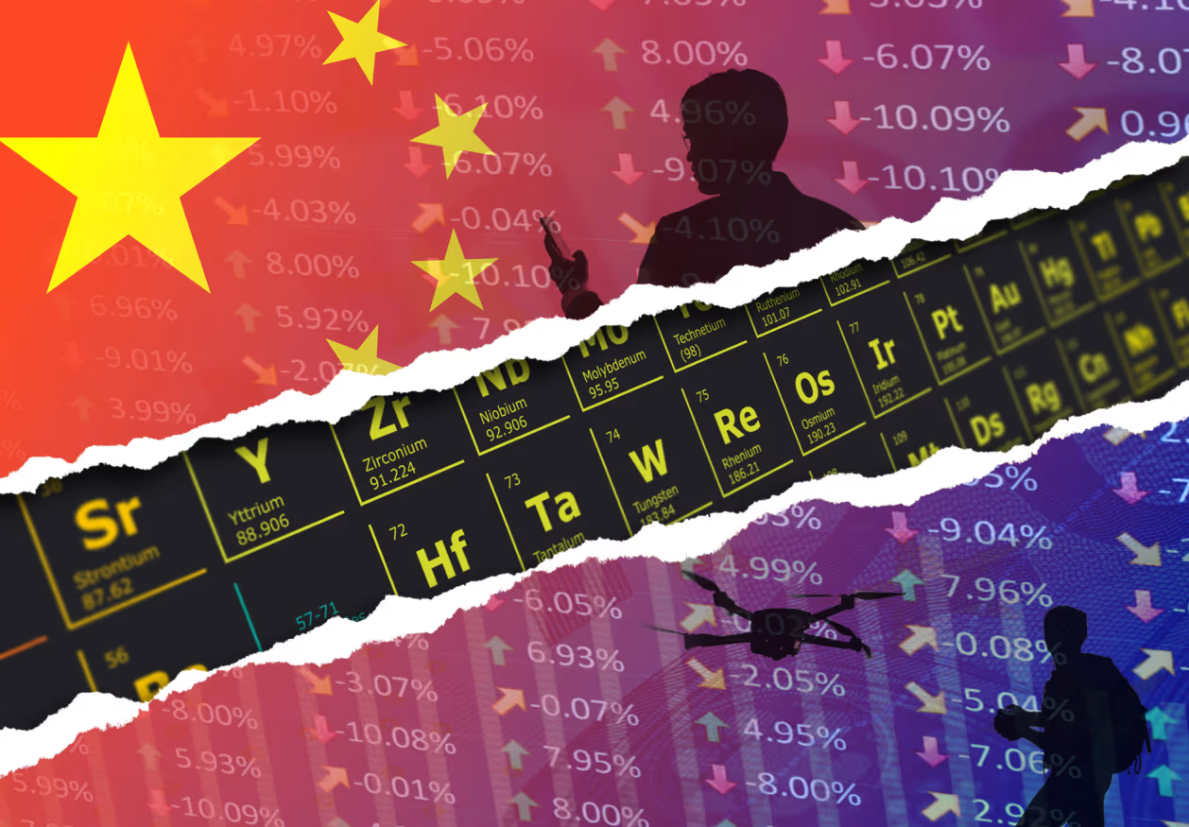
Zongyuan Zoe Liu, Senior Fellow for China Studies, Council on Foreign Relations
Jul 18, 2025
The most recent trade talks between the United States and China in Geneva and London provided little more than temporary relief in the conflict between the world’s two largest economies. Despite US President Donald Trump’s efforts to tout the stopgap measures as a “deal” that benefits America, China reads the scoreboard differently – and believes it is winning. From its vantage point, it has weathered the storm and emerged more confident, more self-reliant, and more convinced that its long game is paying off.
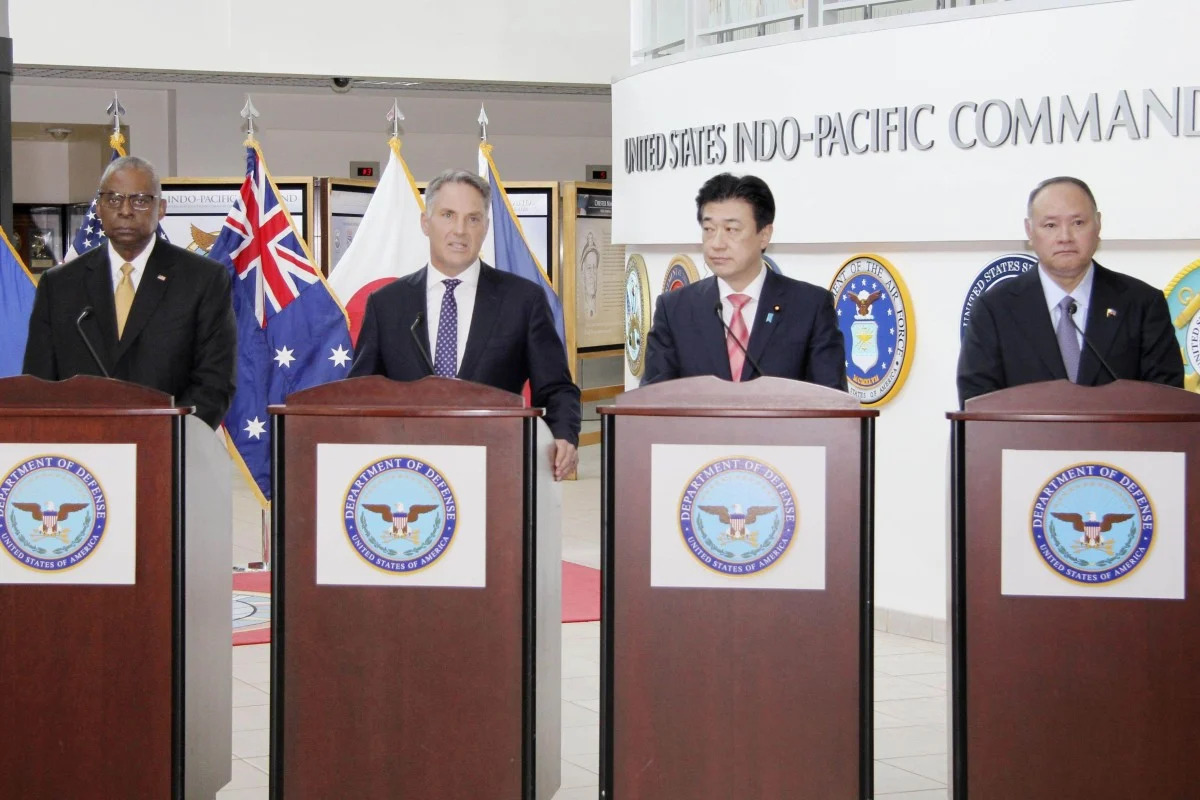
Du Lan, Deputy Director at Asia-Pacific Institute, China Institute of International Studies
Jul 18, 2025
Donald Trump prefers to treat the waters as a bargaining chip, so the United States may reduce high-profile provocations — such as close-in reconnaissance — and instead increase its “gray” tactics and low-intensity military exercises.
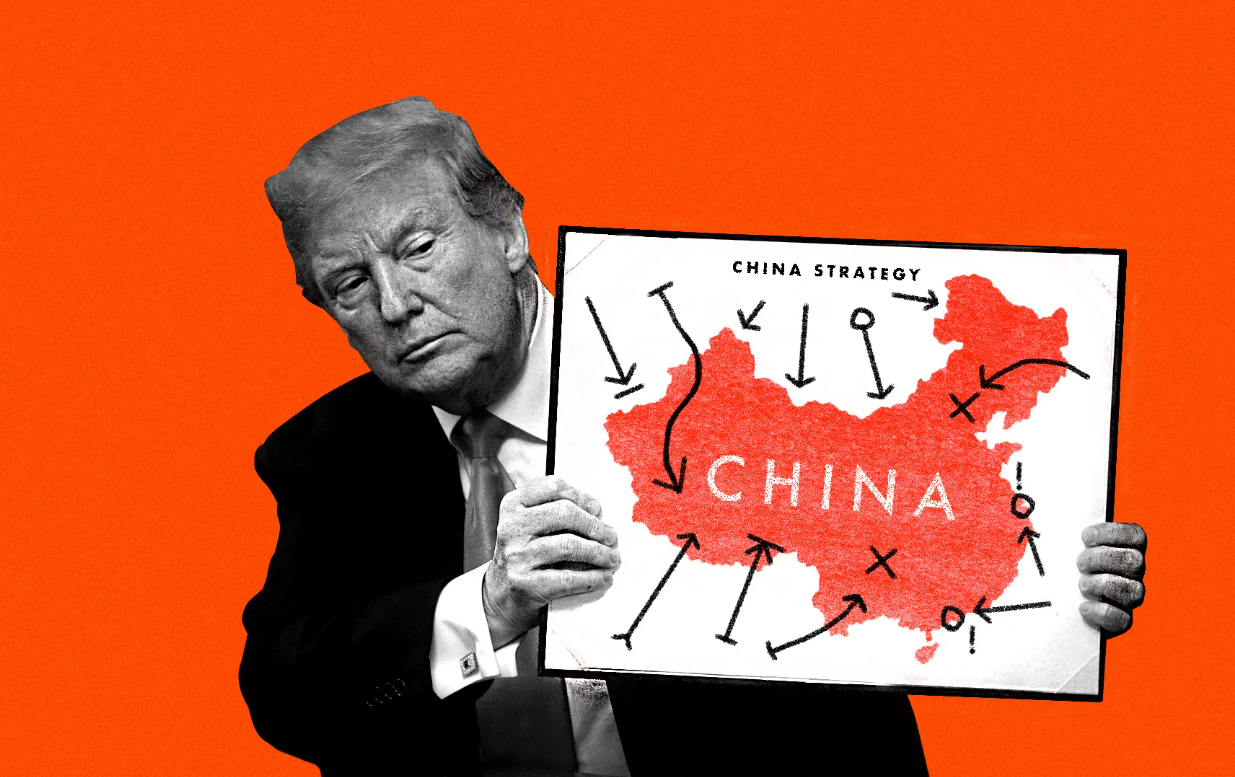
Sujit Kumar Datta, Former Chairman of Department of International Relations, University of Chittagong, Bangladesh
Jul 09, 2025
Strategic adjustments, characterized by economic decoupling, high-tech restrictions and military posturing in the Indo-Pacific region, will transform the bilateral relationship and the shape of global security itself.
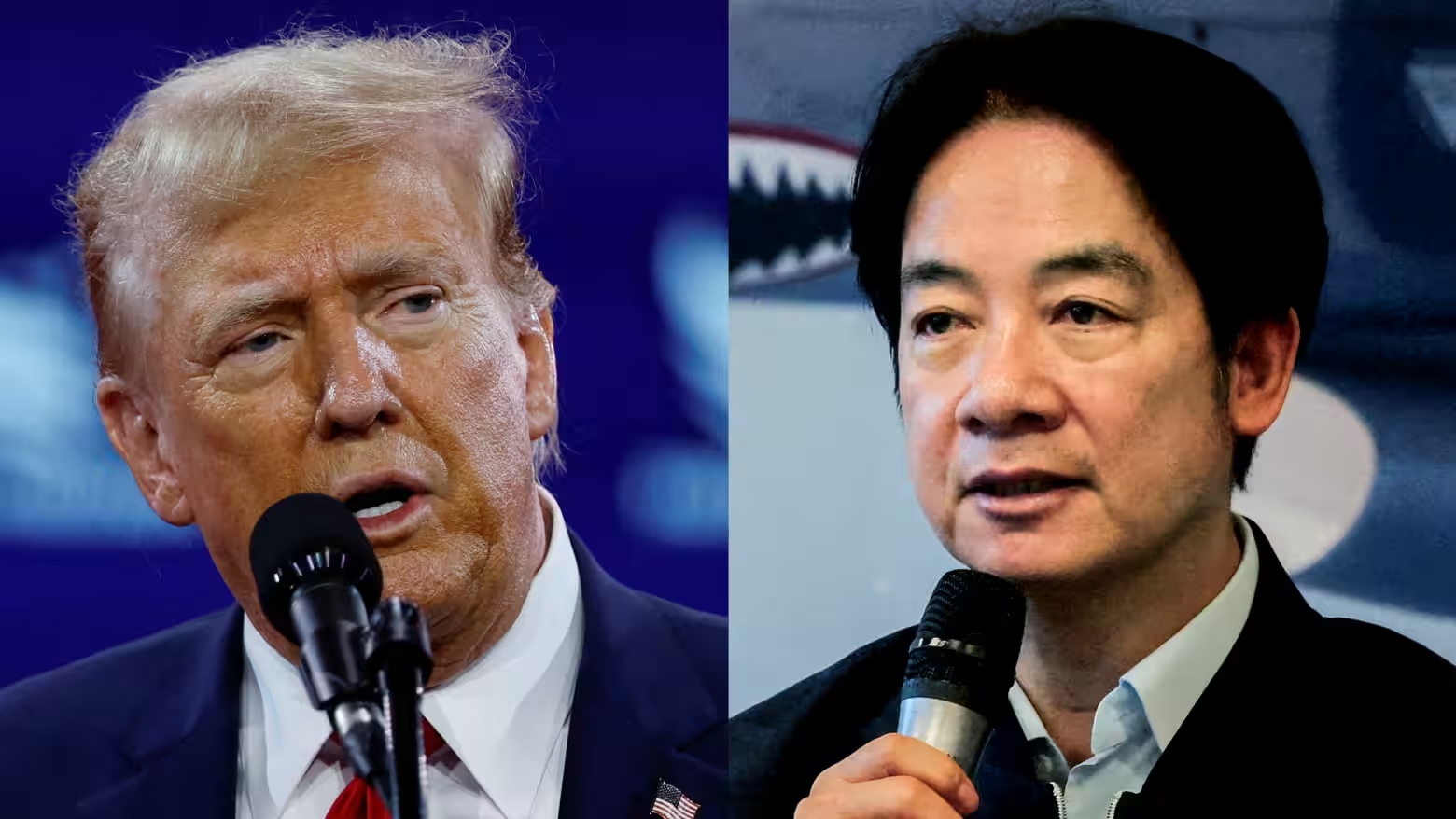
Tong Liqun, Associate Researcher at Institute for Taiwan, Hong Kong & Macao Studies, Shanghai Institute for International Studies
Jul 09, 2025
An extreme imbalance of power appears likely to emerge in the future. Donald Trump’s personal attitude will be a critical factor influencing the sensitive political dynamics of the island, and doubts about the reliability of U.S. support will continue to grow.
Back to Top

- China-US Focus builds trust and understanding between the U.S. and China through open dialogue among thought leaders.
- Our Offerings
- Topics
- Videos
- Podcasts
- Columnists
- Research Reports
- Focus Digest
- Stay Connected
-
Thanks for signing up!
- Get the latest stories from China-US Focus weekly.